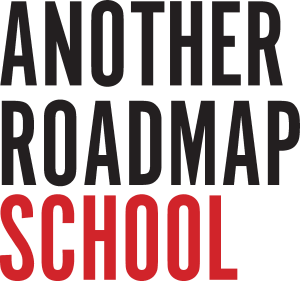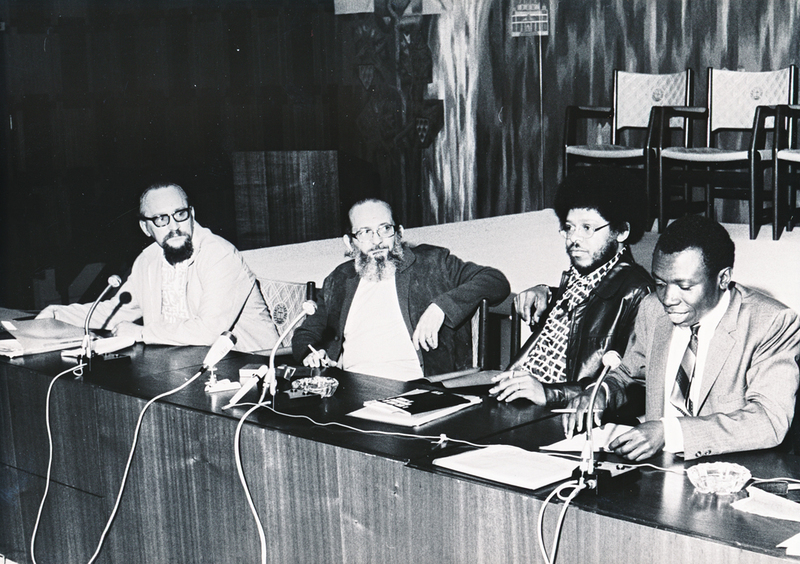Intertwining HiStories is a Cluster project by partners in the network Another Roadmap for Arts Education in Maseru, Johannesburg, Hong Kong, Lubumbashi, Nyanza, Vienna, Kampala/Namulanda and Geneva/Zurich. Between June 2016 and July 2018, the working groups will study histories of arts education and their global overlapping within particular case studies (“stories”). Our general research interest is: What does the intertwining of these stories mean for practices of education through and on the arts? The cluster’s work 1) examines the process through which the hegemonic narrative of history is written, 2) traces localised historical and contemporary counter-narratives to the dominant history 3) sets up a framework and builds critical tools in and through which the Cluster’s members can draw mutual benefits in view of the wider application of the respective findings.
Intertwining HiStories asks e.g.: What does it mean that texts of the art education movement in Germany in the late 19th and early 20th century were being a main reference for development of school art education in China, despite the fact that China had a different system of aesthetic, art creation and education? What does it mean for studying arts in Uganda today, that the vision of “authentic” African art fostered in the foundation of the Art School relied on European fascinations for arts from West Africa?(Archival and interview/focus group based research in Uganda and UK by artist researcher Emma Wolukau-Wanambwa). What is the reason why the Brazilian pedagogue Paulo Freire lived in Geneva for 10 years, and yet there is barely any work about his life and works in Switzerland, whilst at the same time his writings are highly en vogue as a reference in the European art scene?
The merit of bringing these HiStories together is to make the connections between these seemingly unrelated historical events known in the field of arts education and thereby contribute to a reflective understanding, and practice, of educating through and in the arts in a global context. Methodologically, the local research actions will use a trans-disciplinary triangulation of archive research, oral history (narrative interviews) and arts based research, combining research with participatory practices. The project will lead to a “Shaking Histories festival”, learning units for the training of teachers and museum educators, practical artistic-pedagogical projects as well as a travelling exhibition.

